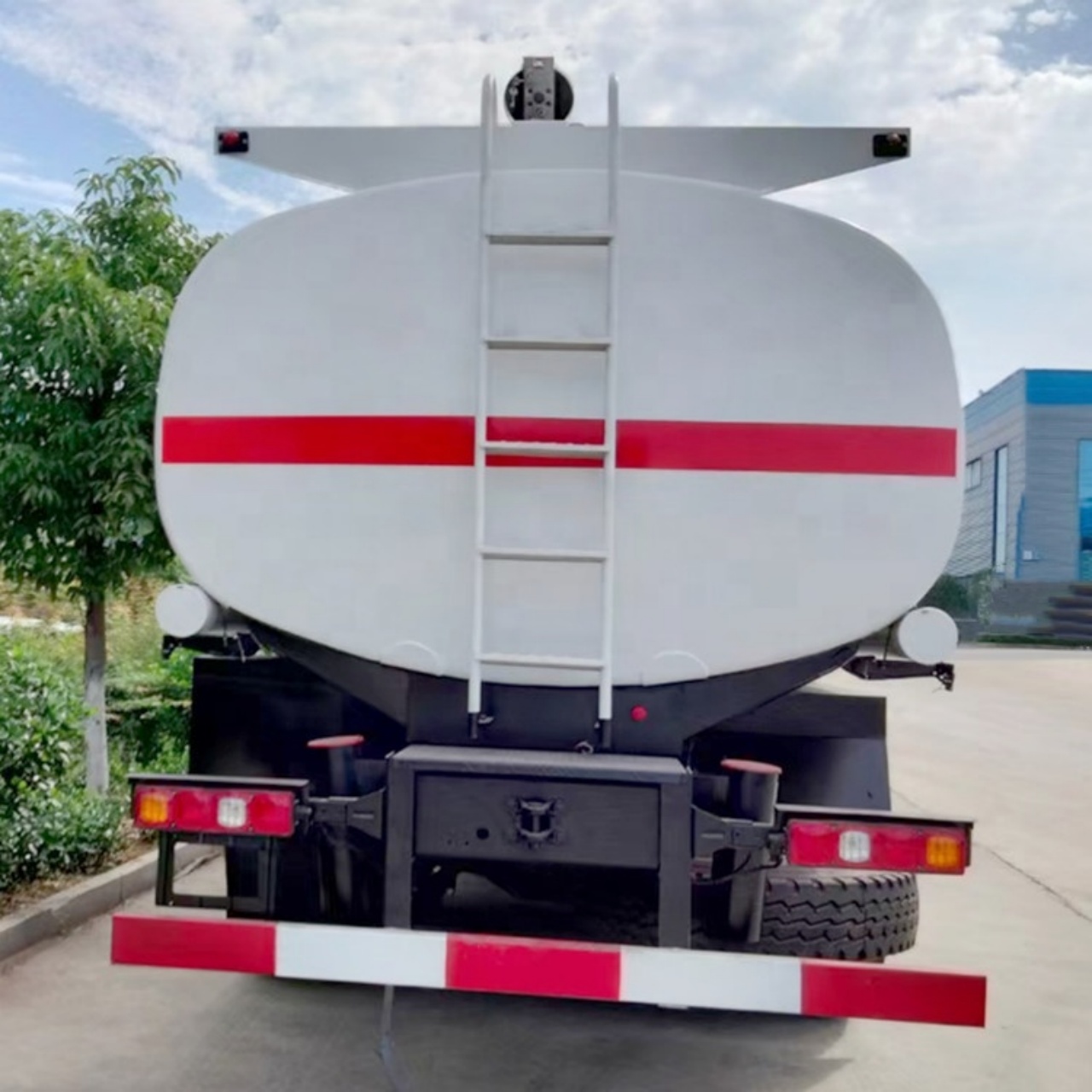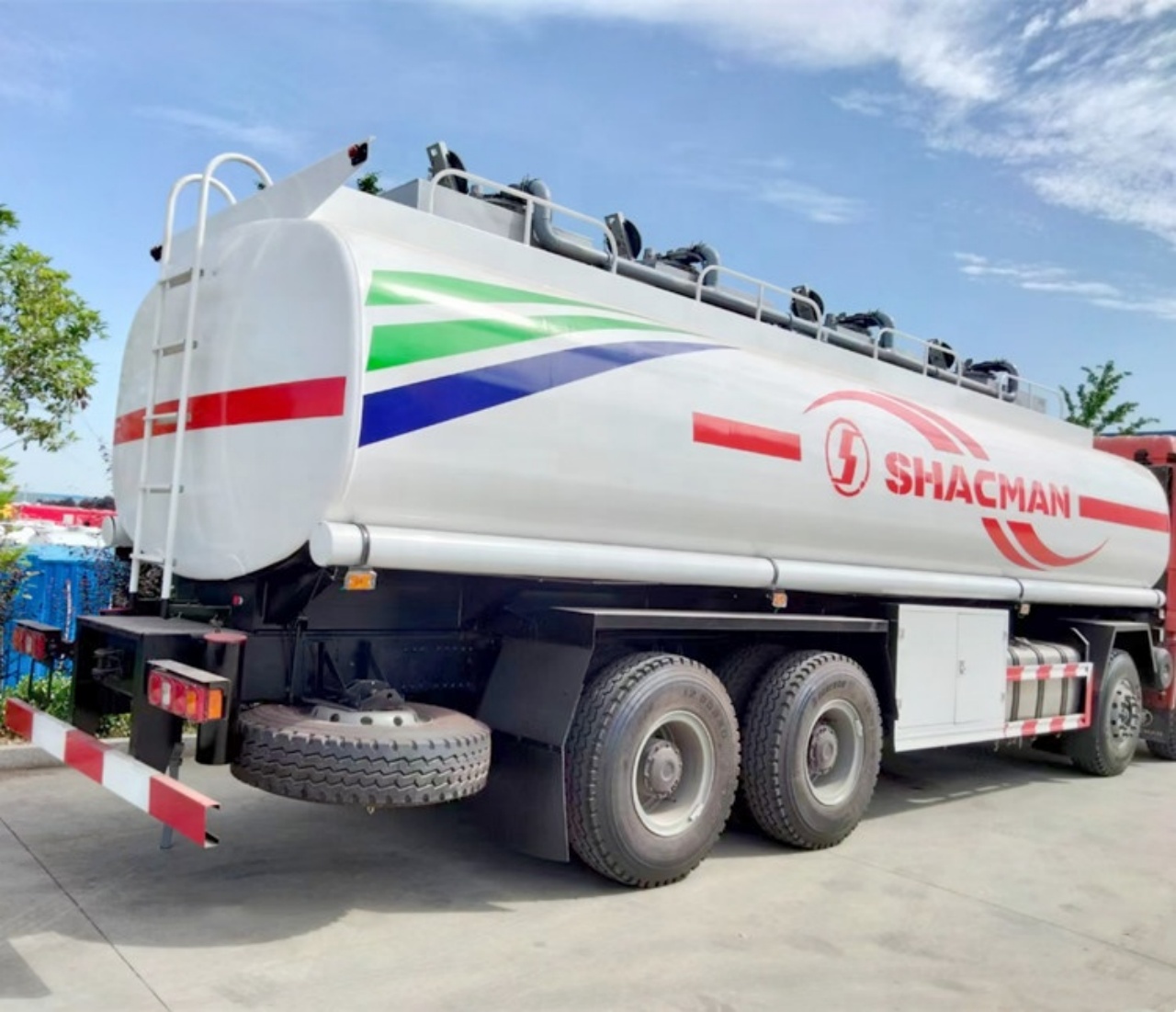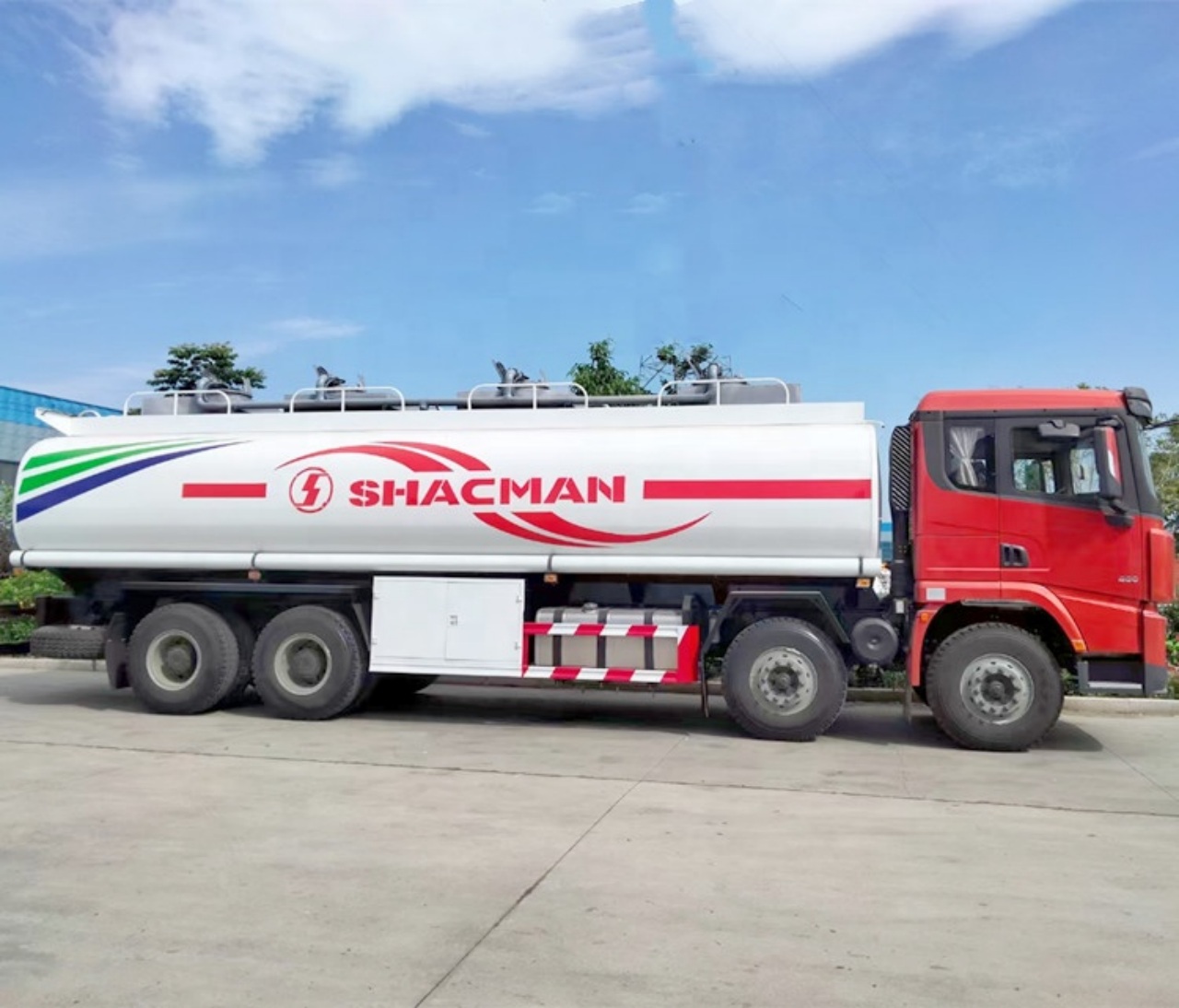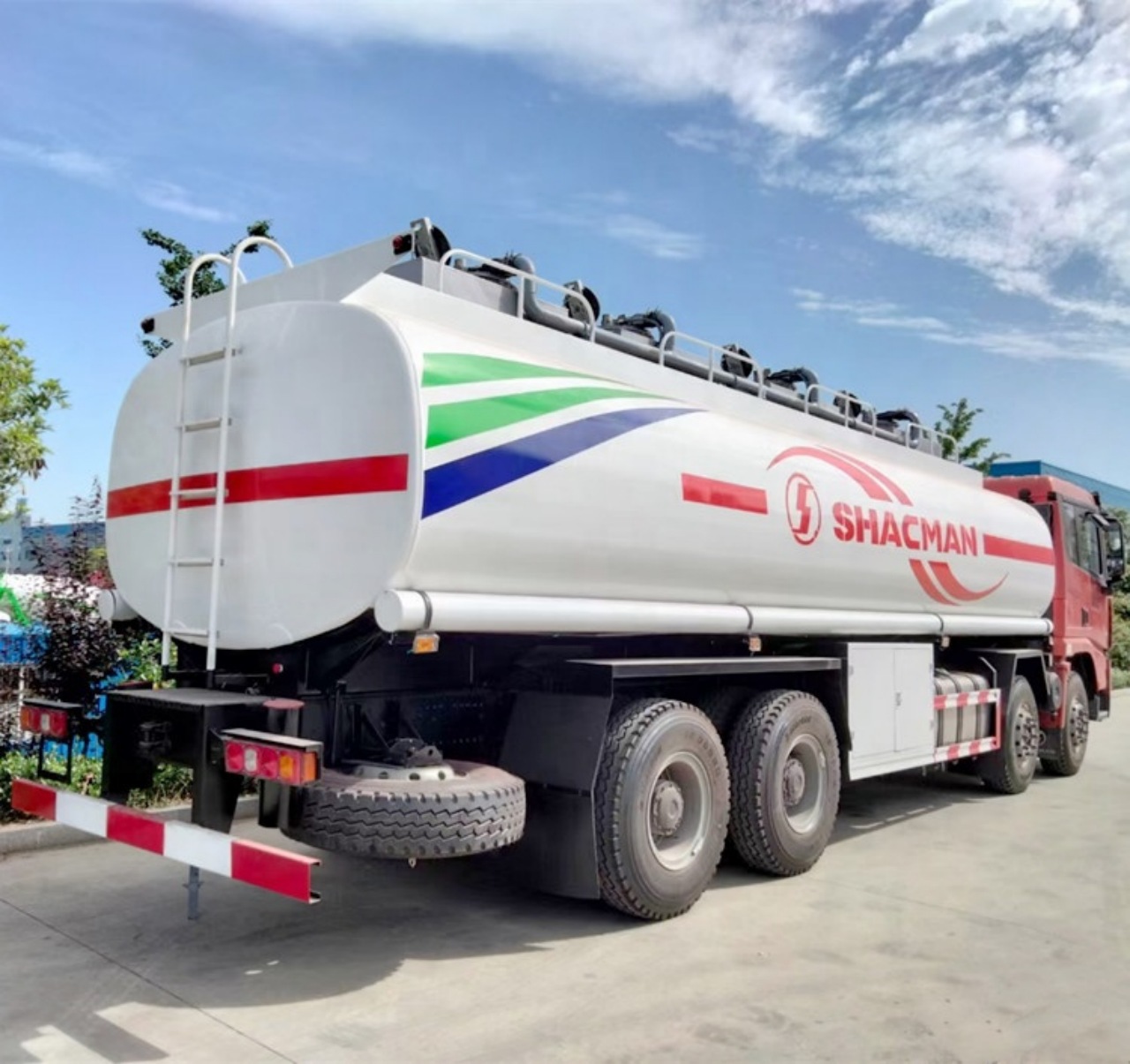A tanker lorry, also known as a tanker truck in American English, is a type of motor vehicle designed specifically for transporting liquids, gases, or bulk materials. These trucks play a crucial role in logistics and distribution systems around the world. Whether it’s delivering petrol to a gas station, transporting milk to dairies, or hauling industrial chemicals to factories, tanker lorries are essential for the smooth operation of many industries.
In this article, we will explore the meaning of the term “tanker lorry,” the different types of tanker lorries, their components, their uses, and some important safety considerations.
Understanding the Term “Tanker Lorry”
In British English, the term lorry refers to what Americans would call a truck. Therefore, a “tanker lorry” is simply a truck equipped with a tank. The word tanker indicates that the vehicle carries a tank specifically built for transporting fluids or gases.
So, when someone asks, “What is a tanker lorry in English?” the answer is straightforward: it is a road vehicle fitted with a large tank for transporting liquids or gases, typically over long distances.
The phrase is more commonly used in the UK and other countries following British English conventions. In contrast, in the United States, the same vehicle is often referred to as a tanker truck or sometimes a fuel truck, depending on its specific function.
Types of Tanker Lorries
Tanker lorries come in many varieties depending on the substance they are built to transport. Below are the most common types:
1. Fuel Tanker Lorry
These are used to transport petroleum products such as gasoline, diesel, and jet fuel. They are built with safety features like internal baffles to reduce sloshing and are often divided into compartments for carrying different fuel types in 1 trip.
2. Chemical Tanker Lorry
Designed for the transportation of hazardous liquids and chemicals, these lorries are built from materials like stainless steel or lined with rubber or other protective materials to resist corrosion. They must comply with strict regulations due to the dangerous nature of their cargo.
3. Milk Tanker Lorry
These are used in the dairy industry to collect and deliver milk from farms to processing plants. They are often insulated or refrigerated to keep the milk at the correct temperature during transport and are regularly cleaned to ensure hygiene.
4. Water Tanker Lorry
These carry potable or non-potable water for a variety of purposes, including firefighting, construction site supply, or irrigation. They are common in areas where water pipelines are not available or during emergencies.
5. Dry Bulk Tanker Lorry
Though not for liquids, some tankers are built to transport bulk solids like flour, cement, or plastic pellets. These tankers use compressed air to discharge contents, a method known as pneumatic unloading.
6. Gas Tanker Lorry
Used for transporting gases such as LPG (liquefied petroleum gas) or LNG (liquefied natural gas). These tankers are heavily reinforced and insulated to keep the gases at high pressure or extremely low temperatures.
Main Components of a Tanker Lorry
While designs vary depending on the application, most tanker lorries have several standard components:
- Tank: The most defining feature. Usually made from aluminum, stainless steel, or carbon steel. The material and design depend on the type of substance it carries.
- Chassis and Cab: The frame and driving cabin, often manufactured by truck companies like Mercedes-Benz, Volvo, Scania, or HOWO.
- Pump System: For loading and unloading liquids, especially in fuel and chemical tankers.
- Safety Valves and Hatches: To control pressure and allow safe filling and venting.
- Baffles: Internal partitions that prevent liquid from sloshing and destabilizing the vehicle.
- Insulation and Heating Systems: For tankers carrying temperature-sensitive materials.
Uses of Tanker Lorries
The versatility of tanker lorries allows them to be used across multiple industries:
- Oil and Gas Industry: For transporting crude oil, refined fuels, and gases.
- Agriculture: For delivering liquid fertilizers, milk, or water.
- Construction: For carrying water to construction sites or supplying asphalt and other materials.
- Municipal Services: Used by fire departments, road-cleaning units, and wastewater management.
- Food and Beverage Industry: To move liquid foodstuffs such as milk, wine, edible oils, and juices under hygienic conditions.
Safety and Regulatory Considerations
Tanker lorries, especially those transporting hazardous materials, must comply with strict safety standards. The following are key considerations:
1. Regulatory Compliance
In the UK, regulations such as the Carriage of Dangerous Goods and Use of Transportable Pressure Equipment Regulations (CDG) govern the safe transport of hazardous goods. Tanker drivers often require an ADR (Accord Dangereux Routier) certificate to transport such materials.
2. Driver Training
Tanker lorry drivers need specialized training, especially when dealing with flammable or toxic substances. They must know how to handle emergency situations like leaks, spills, or rollovers.
3. Vehicle Maintenance
Regular inspections and maintenance are crucial to prevent accidents. This includes checking for leaks, testing brakes, and ensuring that valves, seals, and tanks are in good condition.
4. Environmental Protection
Tanker lorries carrying oil or chemicals must have spill containment systems and must follow protocols to minimize environmental damage in case of an accident.
Innovations and Modern Trends
With growing concern for environmental impact and efficiency, the design of tanker lorries continues to evolve. Some key trends include:
- Lightweight Materials: Using aluminum or composites to reduce weight and improve fuel economy.
- Telematics Systems: To monitor location, tank levels, and driving behavior in real time.
- Electric Tanker Lorries: Although still in early stages, manufacturers are experimenting with electric tankers for urban deliveries.
- Autonomous Features: Self-driving technologies are being tested in logistics, including tankers, to improve safety and efficiency.
Conclusion
A tanker lorry in English refers to a road vehicle equipped with a large tank for transporting liquids, gases, or dry bulk materials. Known as a “tanker truck” in American English, this vehicle is vital in industries ranging from oil and gas to agriculture, construction, and food processing.
Understanding the various types, components, and uses of tanker lorries provides insight into their importance in the global supply chain. With growing emphasis on safety, efficiency, and sustainability, tanker lorries will continue to evolve, playing a pivotal role in modern logistics and infrastructure.





